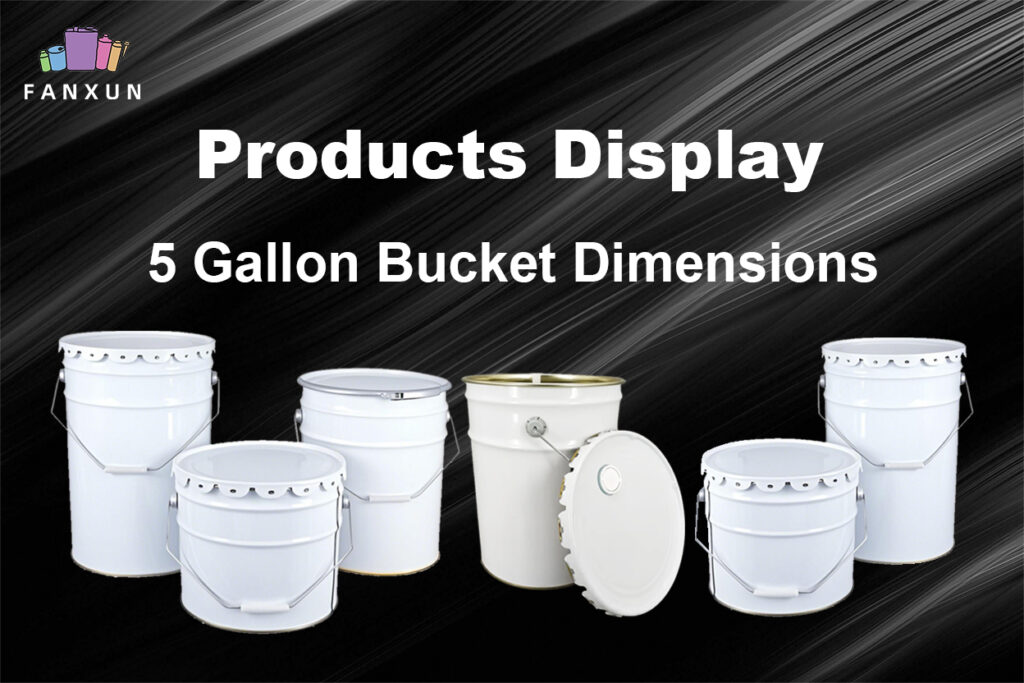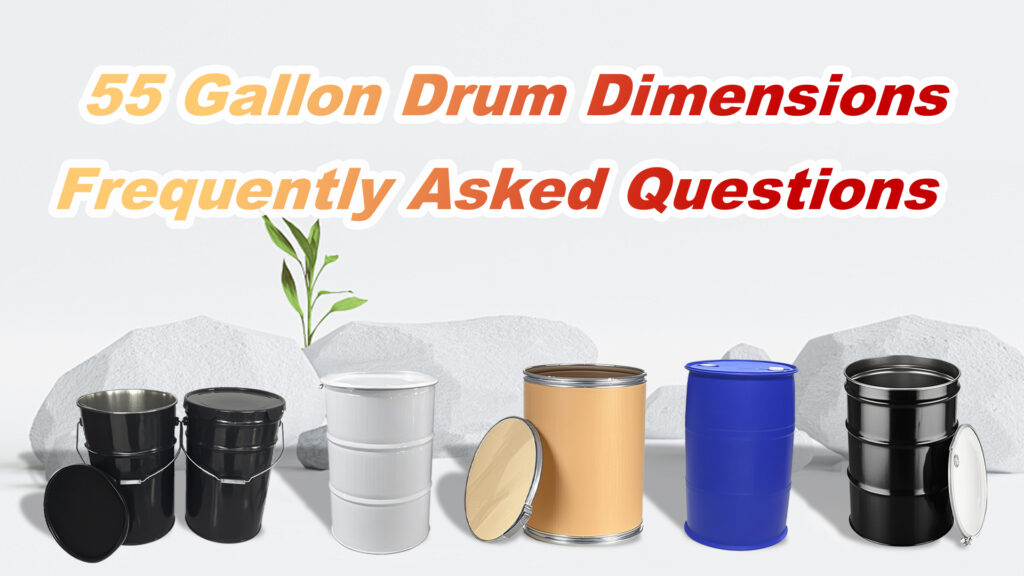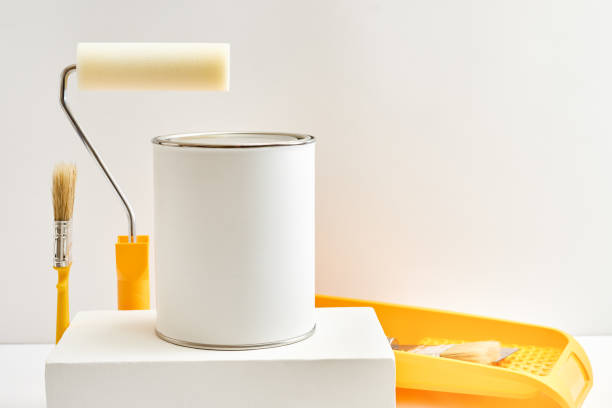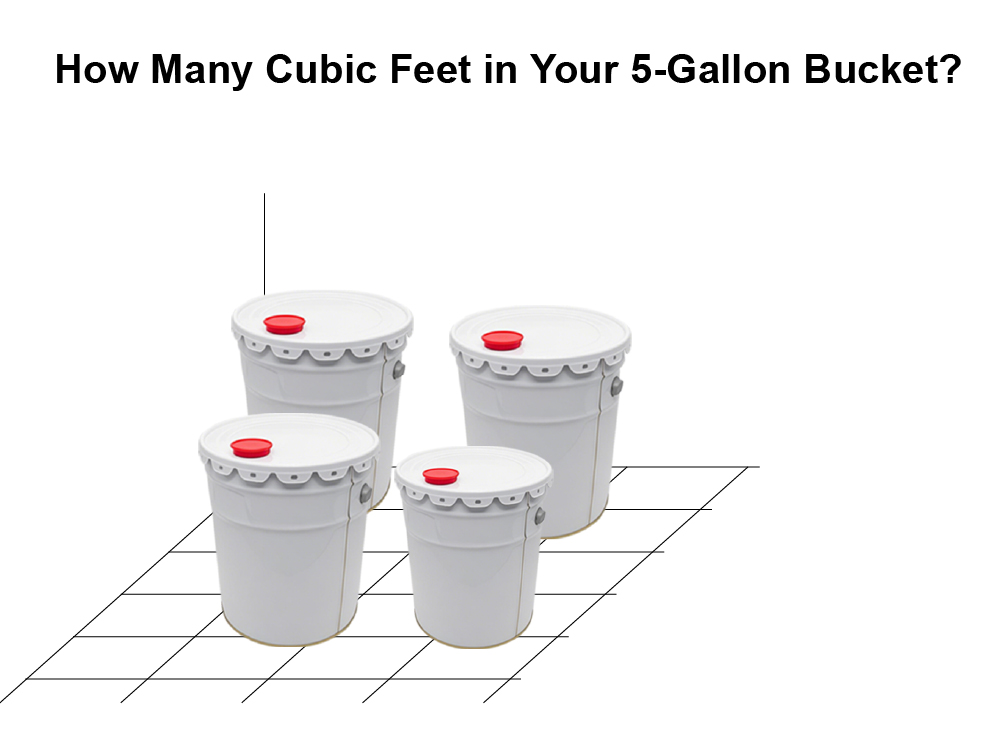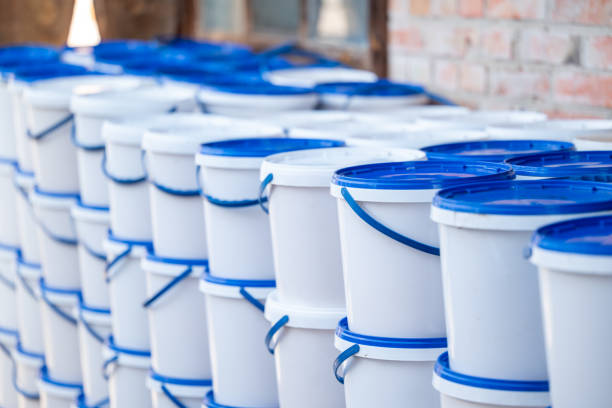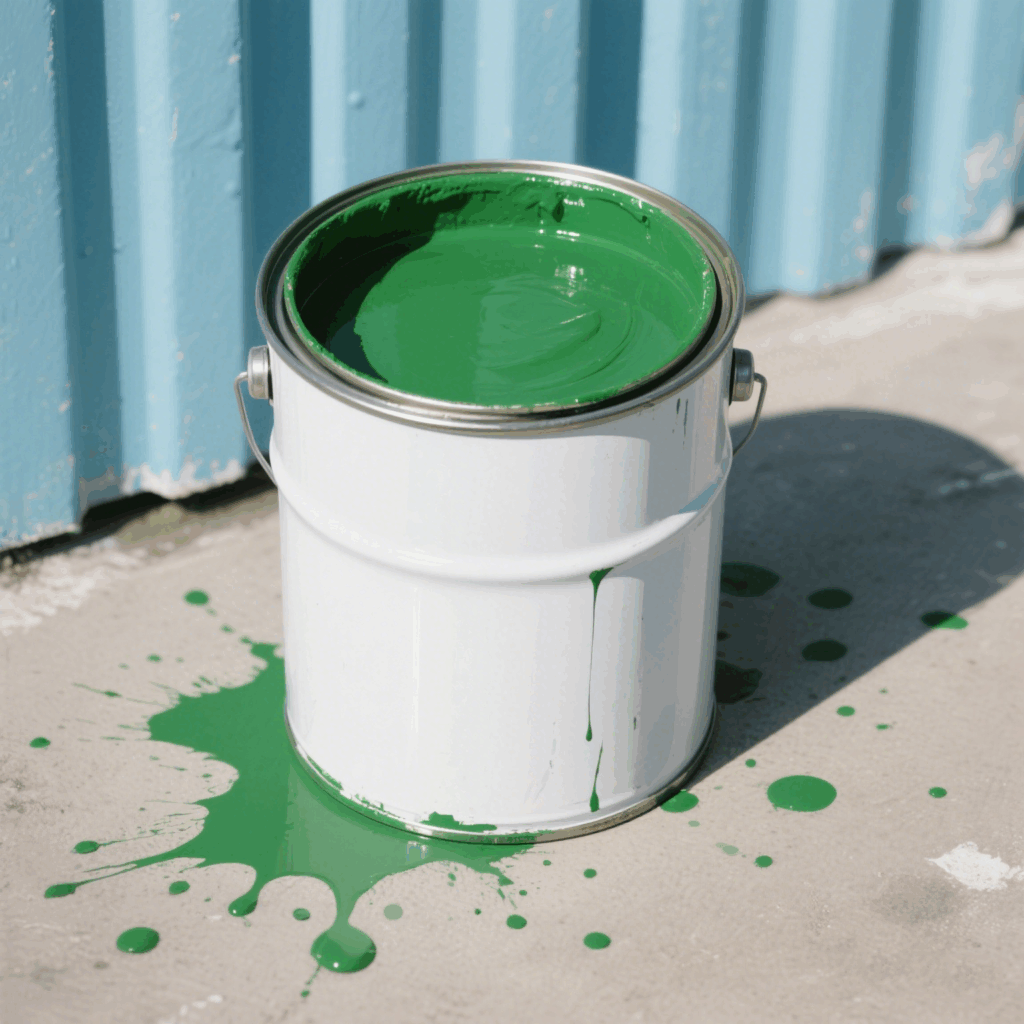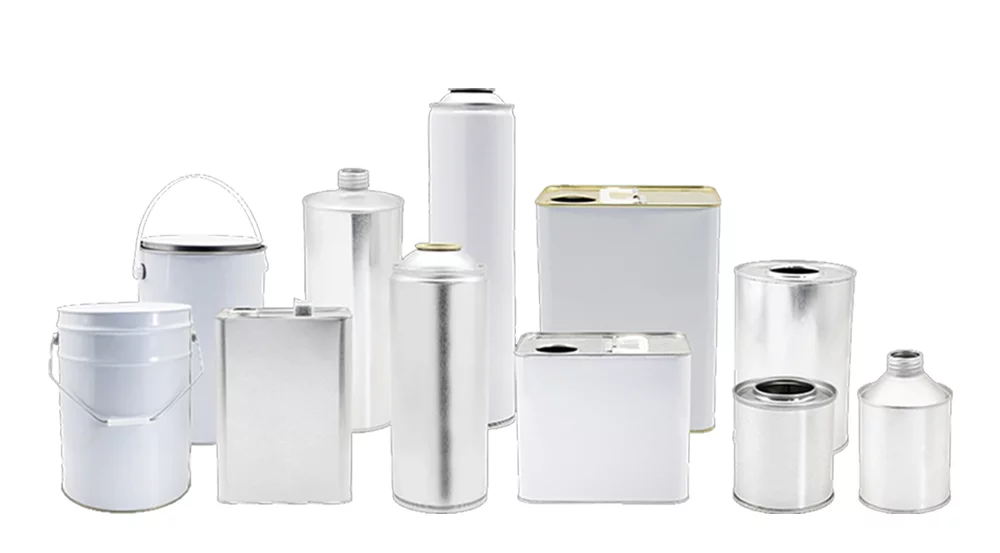Your car’s brakes are arguably its most important safety feature. You rely on them every time you get behind the wheel, expecting them to bring you to a smooth, controlled stop. But have you ever thought about the unsung hero of this system? I’m talking about your brake fluid. It’s a component that’s often overlooked, yet it’s absolutely critical to your ability to brake effectively. Neste artigo, we’ll take an in-depth look at why and how often you should replace your brake fluid to ensure your car is as safe as possible.
What is Brake Fluid and Why is it so Important?
Think of brake fluid as the hydraulic lifeblood of your braking system. When you press the brake pedal, you’re not physically stopping the wheels with your foot. Instead, you’re creating pressure in the brake lines, and the brake fluid transmits this force to the brake calipers, which then squeeze the brake pads against the rotors to slow your car down.
The magic of brake fluid lies in its incompressibility. This means it can efficiently transfer the force from your foot to the wheels without losing power. No entanto, this magical property has a weakness: água.
The Hidden Enemy: Moisture Contamination
Most types of brake fluid are “hygroscopic,” which is a fancy way of saying they absorb moisture from the surrounding air. Ao longo do tempo, tiny amounts of water can seep into the sealed brake system through microscopic pores in the brake hoses and seals.
Então, what’s the big deal with a little water in your brake fluid? Two major problems arise:
-
Lowered Boiling Point: Brake fluid is designed to have a very high boiling point to withstand the intense heat generated during braking. Water, on the other hand, boils at a much lower temperature (212°F or 100°C). When the water in your brake fluid turns to steam, it creates compressible air bubbles in the brake lines. This leads to a “spongy” ou “mushy” feeling when you press the brake pedal and a dangerous loss of braking power known as brake fade.
-
Corrosão: Water and brake fluid are a corrosive cocktail for the metal components of your braking system, including the brake lines, calipers, and ABS (Anti-lock Braking System) control module. This corrosion can lead to expensive repairs and, in a worst-case scenario, catastrophic brake failure.
Então, How Often Should I Replace My Brake Fluid?
This is the golden question, and the answer isn’t a simple one-size-fits-all. The ideal replacement interval depends on several factors:
- Your Vehicle’s Manufacturer: The best place to start is your car’s owner’s manual. Manufacturers provide specific recommendations for brake fluid replacement based on their vehicle’s design and testing.
- Driving Habits: If you frequently drive in hilly or mountainous terrain, tow heavy loads, or are an aggressive driver who brakes hard, your brake fluid will be subjected to higher temperatures and may need to be replaced more often.
- Climate: If you live in a humid environment, your brake fluid is more likely to absorb moisture at a faster rate.
- Type of Brake Fluid: Different types of brake fluid have different properties and recommended service lives.
As a general rule of thumb, most mechanics and automotive experts recommend replacing your brake fluid every two to three years, regardless of mileage.
Here’s a quick overview of the common types of brake fluid:
| Brake Fluid Type | Common Use | Key Characteristics |
|---|---|---|
| DOT 3 | Most standard vehicles | Glycol-based, absorbs water. |
| DOT 4 | Higher-performance and European vehicles | Glycol-based, higher boiling point than DOT 3. |
| DOT 5 | Classic cars, some military vehicles | Silicone-based, does not absorb water. Cannot be mixed with other types. |
| DOT 5.1 | High-performance and vehicles with ABS | Glycol-based, high boiling point, low viscosity. |
Important Note: Always use the type of brake fluid specified for your vehicle. Using the wrong type can lead to brake system damage.
Signs That Your Brake Fluid Needs Attention
Besides following a regular maintenance schedule, you should also be aware of the warning signs of old or contaminated brake fluid. Here’s what to look out for:
- Spongy or Soft Brake Pedal: This is a classic symptom of air or moisture in the brake lines.
- Increased Stopping Distance: If you notice your car is taking longer to stop than usual, your brake fluid could be to blame.
- Discolored or Murky Fluid: Fresh brake fluid is typically a light amber color. Ao longo do tempo, as it becomes contaminated with moisture and debris, it will turn dark brown or black.
- Brake Warning Light: If your dashboard’s brake warning light illuminates, it could indicate a problem with the brake fluid level or pressure.
- Unusual Noises: While often related to brake pads or rotors, strange noises when braking can sometimes point to a hydraulic issue.
Can I Check My Brake Fluid Myself?
Sim, you can perform a quick visual inspection of your brake fluid. Aqui está como:
- Locate the Brake Fluid Reservoir: This is usually a small, translucent plastic container located in the engine bay on the driver’s side, attached to the master cylinder.
- Check the Fluid Level: The reservoir will have “MIN” e “MAX” lines. The fluid level should be between these two marks.
- Inspect the Color: Observe the color of the fluid. If it’s dark and murky, it’s a good indication that it’s time for a change.
While a visual check is helpful, it doesn’t tell you the whole story. A mechanic can use specialized tools to test the moisture content and copper levels in your brake fluid, giving you a more accurate assessment of its condition.
The Cost of a Brake Fluid Flush
The cost of a professional brake fluid flush can vary depending on your vehicle’s make and model and your location. Geralmente, you can expect to pay between $100 e $200. While it might seem like an added expense, it’s a small price to pay for the peace of mind that comes with knowing your brakes are in optimal condition. Neglecting this service can lead to much more expensive repairs down the road.
Perguntas frequentes (Perguntas frequentes)
Q: What happens if I never change my brake fluid?
UM: If you never change your brake fluid, the moisture content will continue to increase. This will significantly lower its boiling point, leading to a risk of brake fade, especially during hard braking or long descents. The moisture will also cause corrosion within your braking system, potentially damaging expensive components like the ABS module and calipers, and could eventually lead to brake failure.
Q: Can I just top off my brake fluid?
UM: If your brake fluid is low, you can top it off with the correct type of new, unopened fluid. No entanto, this does not address the issue of contamination in the existing fluid. Topping off is a temporary fix, and you should still have the system inspected to determine why the fluid was low in the first place (it could indicate a leak or worn brake pads).
Q: What’s the difference between bleeding the brakes and a brake fluid flush?
UM: Bleeding the brakes is the process of removing air bubbles from the brake lines. A brake fluid flush, on the other hand, involves completely removing all of the old, contaminated fluid from the system and replacing it with fresh, new fluid. A flush is a more thorough service.
Q: Is it safe to change my own brake fluid?
UM: While it is possible for a knowledgeable and experienced DIYer to change their own brake fluid, it’s a job best left to the professionals for most people. The braking system is critical to your safety, and improper bleeding or flushing can introduce air into the system, leading to brake failure. Brake fluid is also corrosive to paint and toxic, so it must be handled and disposed of properly.















